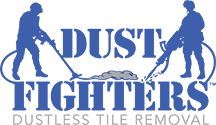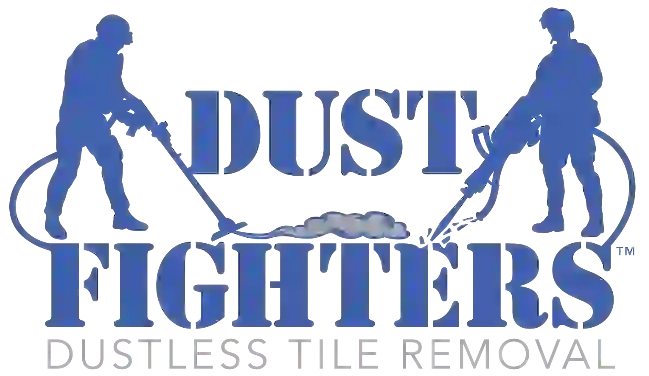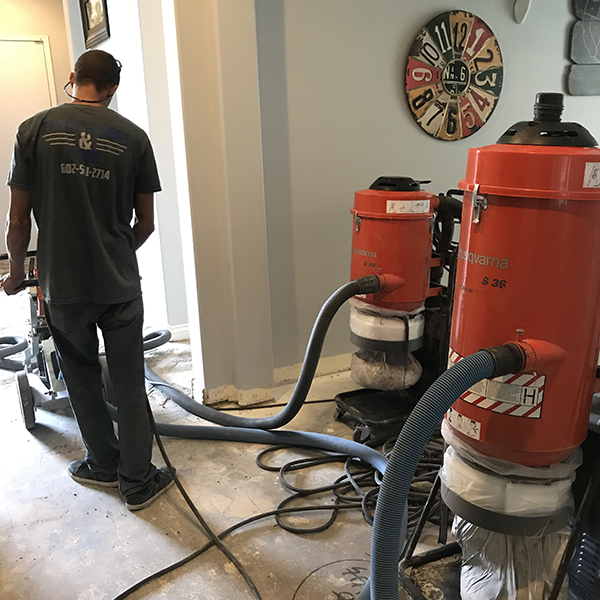
What is OSHA?
What is OSHA?
The Occupational Safety and Health Administration (OSHA /o/) is a big regulatory agency of the United States Department of Labor with federal visitorial powers to inspect and evaluate workplaces. The Occupational Safety and Health Act (OSH Act), enacted into law by President Richard M. Nixon on December 29, 1970, created the agency. The objective of OSHA is to “ensure safe and healthy working conditions for working men and women by formulating and enforcing standards and providing training, outreach, information, and support.” The agency is also responsible for enforcing a number of whistleblower legislation and regulations. OSHA workplace safety inspections have been found to lower injury rates and costs while having no negative impact on employment, sales, credit ratings, or company survival.
The OSHA Act applies to most private-sector companies and their employees, as well as some public-sector employers and employees in the 50 states, as well as some territories and jurisdictions under federal control. The District of Columbia, Puerto Rico, the Virgin Islands, American Samoa, Guam, the Northern Mariana Islands, Wake Island, Johnston Island, and the Outer Continental Shelf Lands as defined by the Outer Continental Shelf Lands Act are among those jurisdictions.
Employers in the private sector
Most private-sector businesses in all 50 states, the District of Columbia, and other U.S. jurisdictions are covered by the OSHA Act, either directly via federal OSHA or through an OSHA-approved state plan.
State plans are OSHA-approved occupational safety and health programs that are run by individual states rather than federal OSHA. Federal OSHA approves and supervises all state plans and contributes up to half of the funds for each program. State-run health and safety programs must be at least as effective as the federal OSHA program. OSHA has authorized the following training providers: OSHA Outreach Courses, OSHA Education School, and so on.
Alaska, Arizona, California, Hawaii, Indiana, Iowa, Kentucky, Maryland, Michigan, Minnesota, Nevada, New Mexico, North Carolina, Oregon, Puerto Rico, South Carolina, Tennessee, Utah, Vermont, Virginia, Washington, and Wyoming are among the 22 states or territories have OSHA-approved state programs.
Federal OSHA covers establishments that are explicitly excluded from a state’s plan, such as those in the marine industry or on military sites.
Local and state governments
Workers at state and local government agencies are not covered by federal OSHA, but they are protected by the OSH Act if they work in a state with an OSHA-approved state program. The OSH Act also allows states and territories to create plans that solely cover public sector (state and local government) employees. In these circumstances, private-sector employees and employers are nevertheless subject to federal OSHA authority. Connecticut, Illinois, Maine, New Jersey, New York, and the Virgin Islands are the five other states and one US territory with OSHA-approved state plans that solely cover public sector workers.
Agencies of the federal government
OSHA’s safeguards apply to all government entities. Section 19 of the Occupational Safety and Health Act holds federal agency heads accountable for maintaining safe and healthy working conditions for their employees. OSHA inspects federal facilities in response to worker reports of hazards and as part of initiatives aimed at high-hazard government workplaces.
Federal agencies are required to establish a safety and health program that fulfills the same requirements as private companies. OSHA imposes “virtual penalties” on federal entities — after an inspection if breaches are discovered, OSHA publishes a news statement detailing the level of the fine if the government agency were a private sector employer. The OSHA Act now applies to the United States Postal Service in the same way as it does to any private sector employer, according to a 1998 modification.

